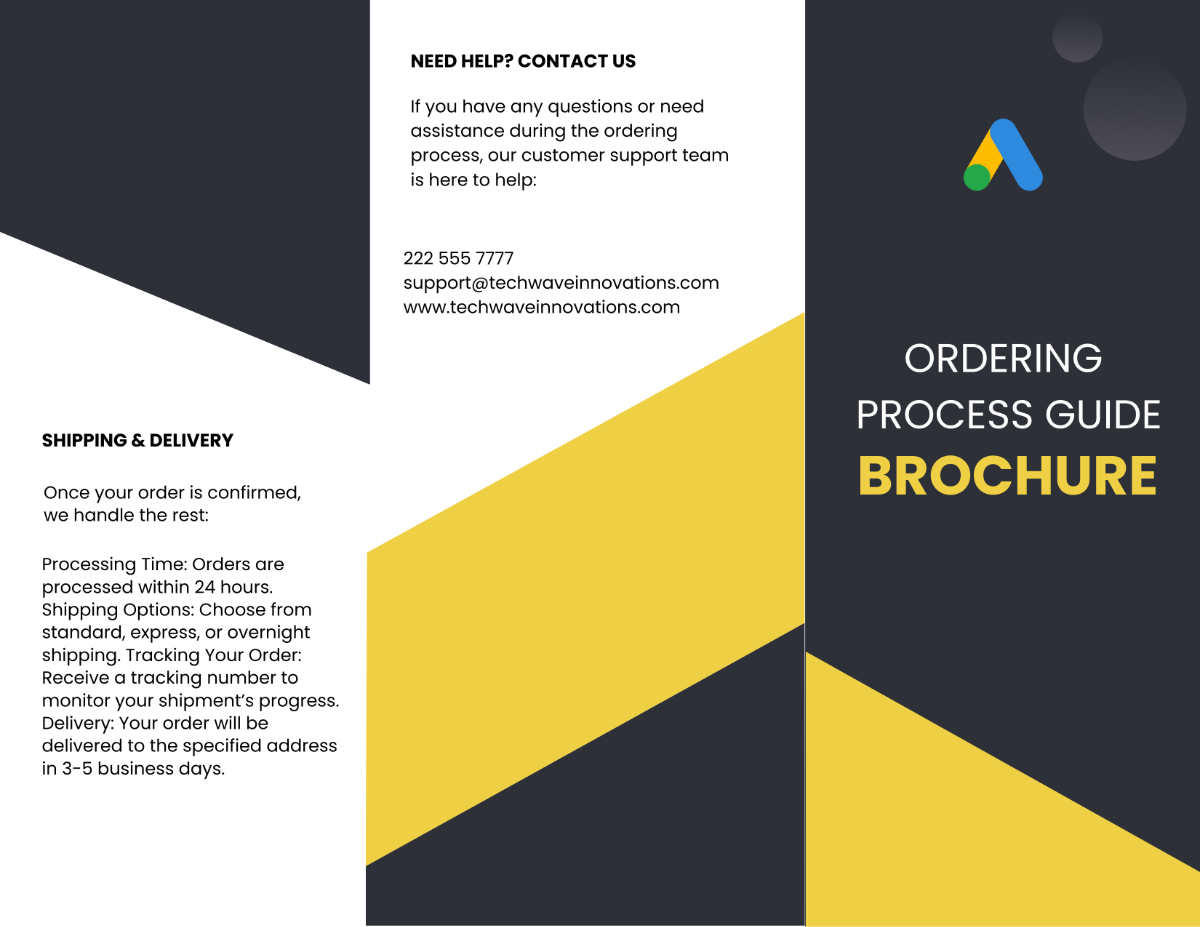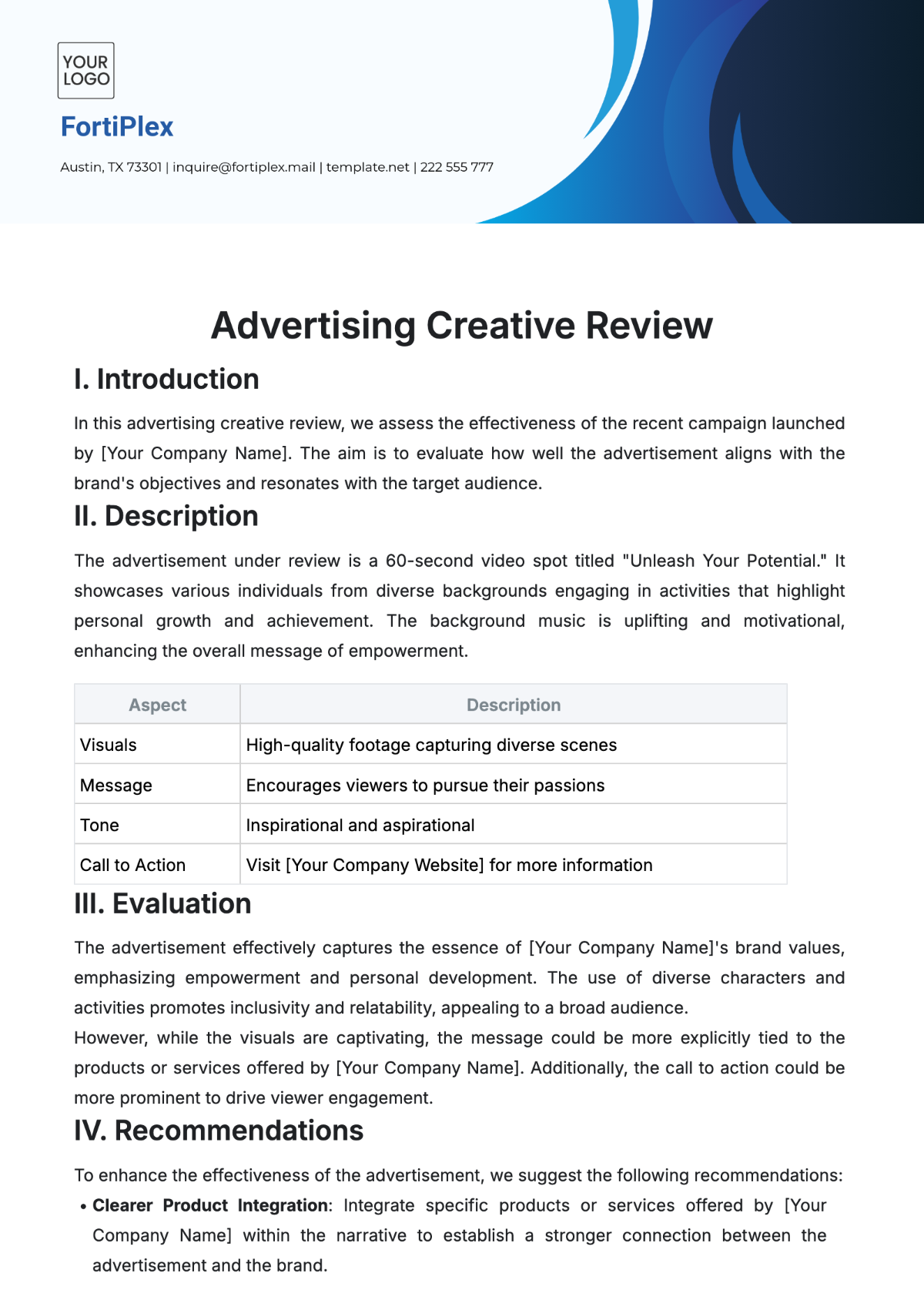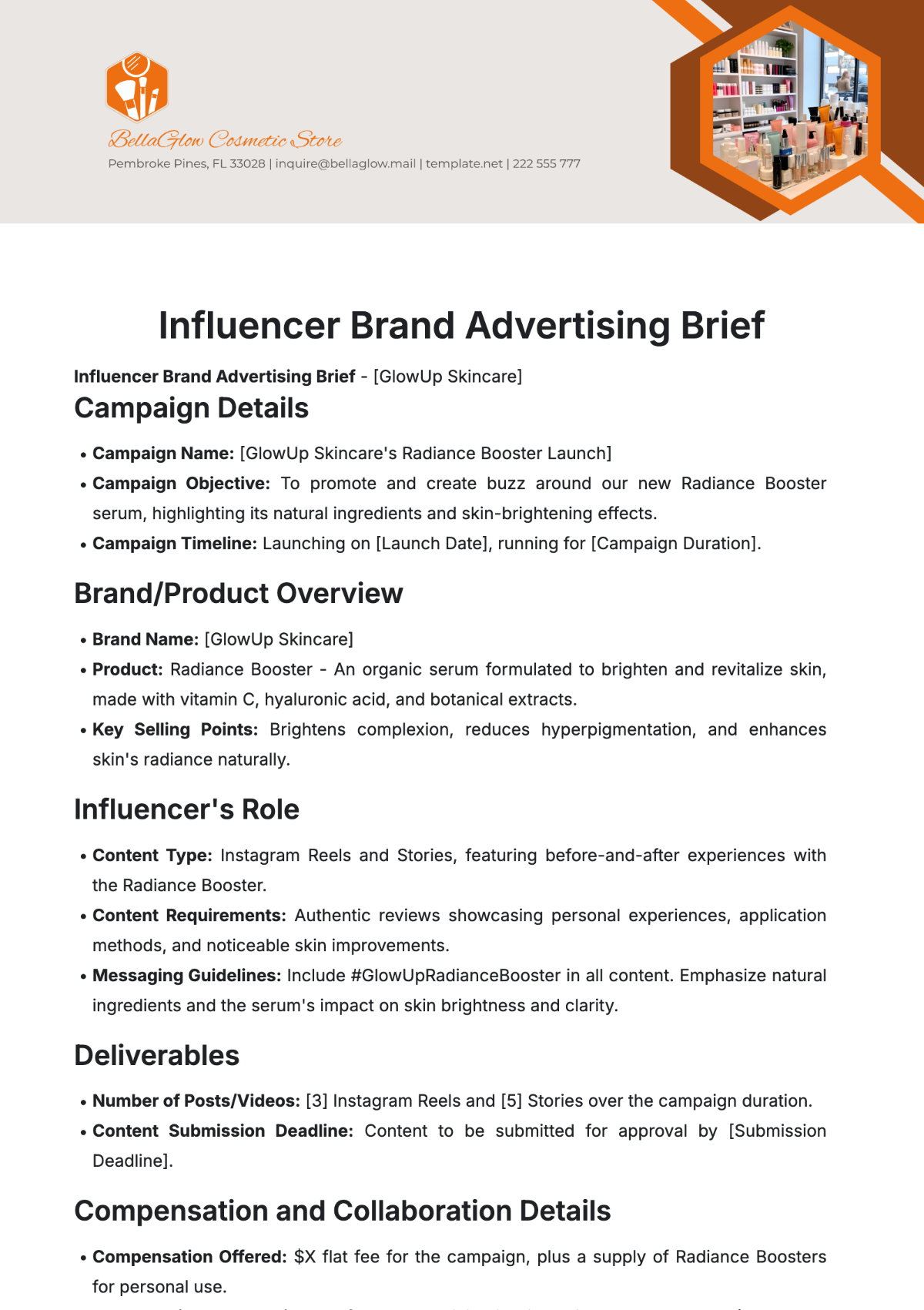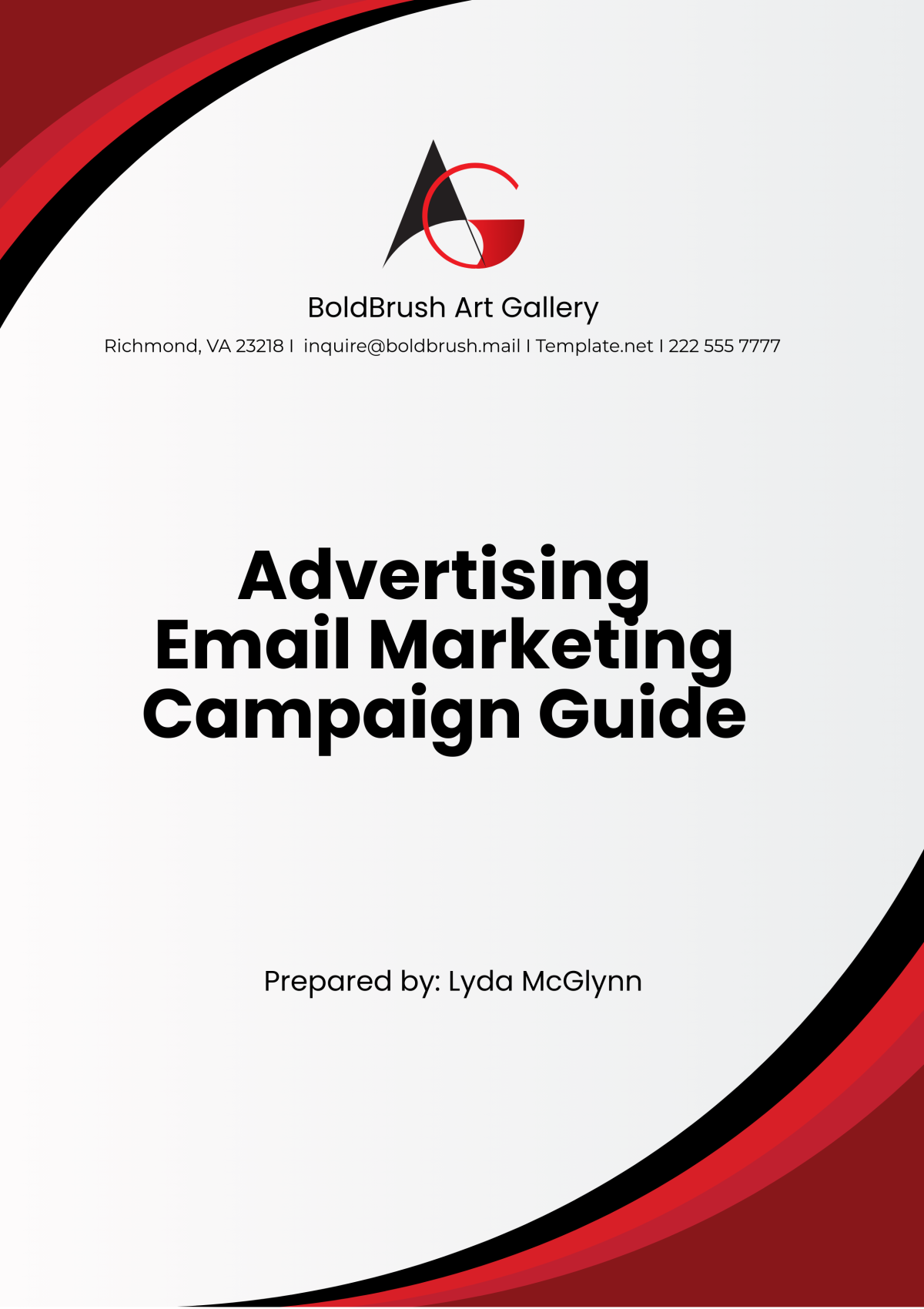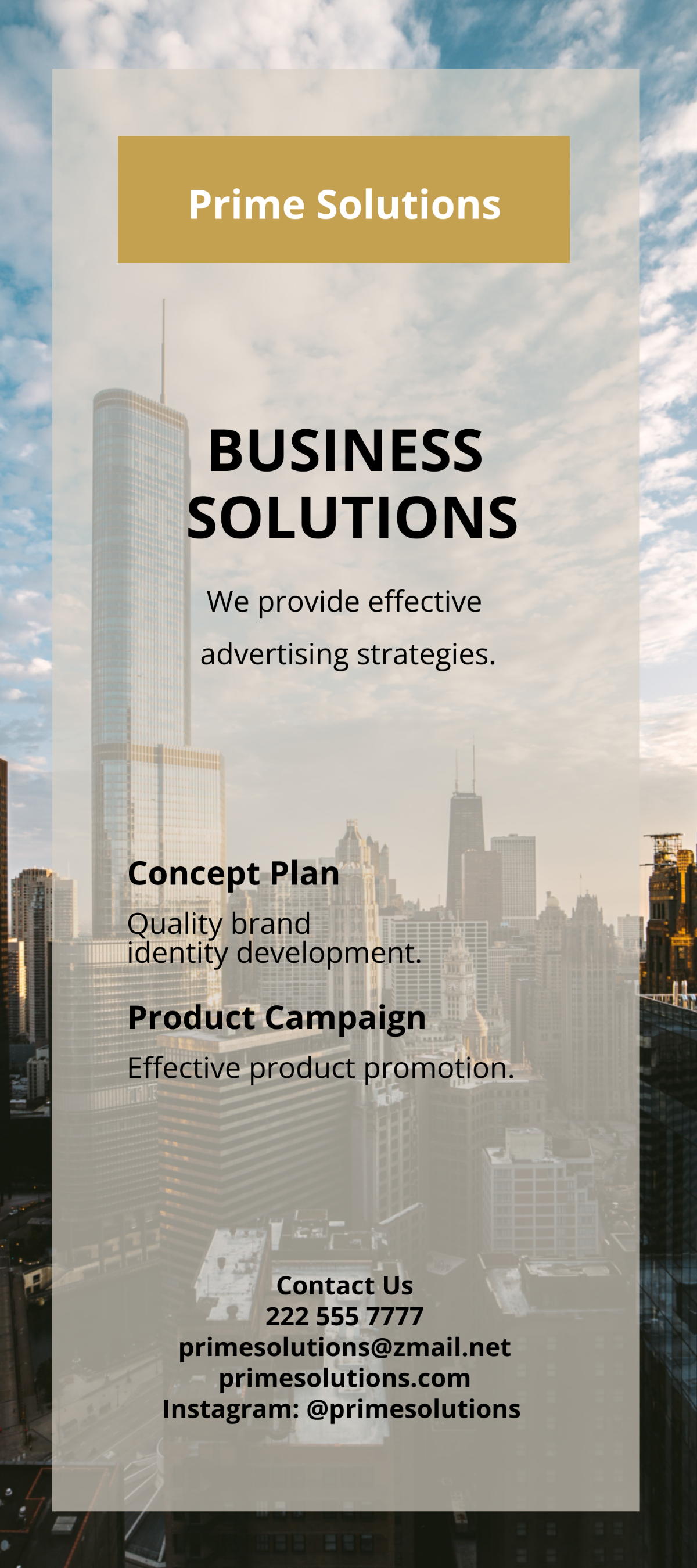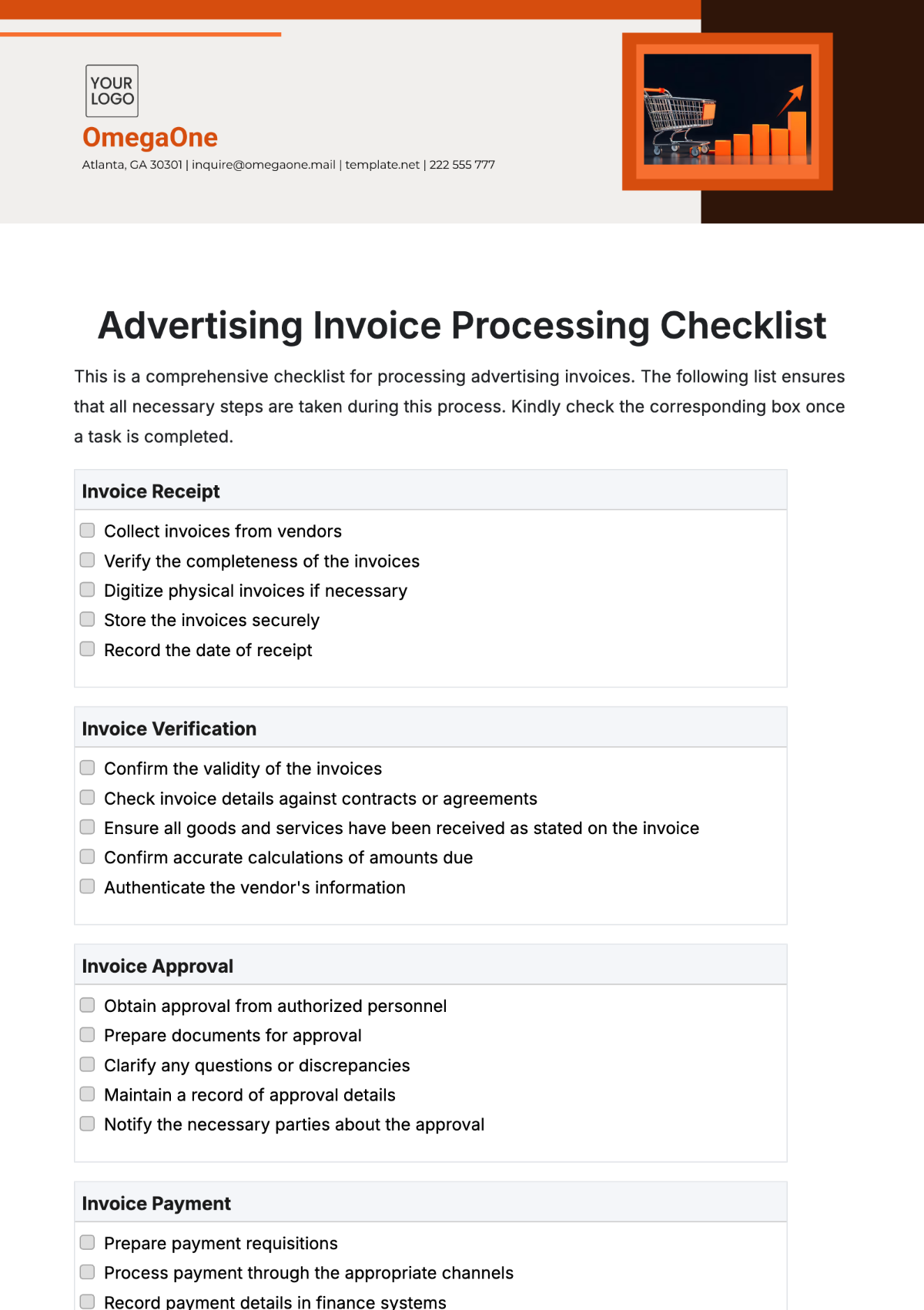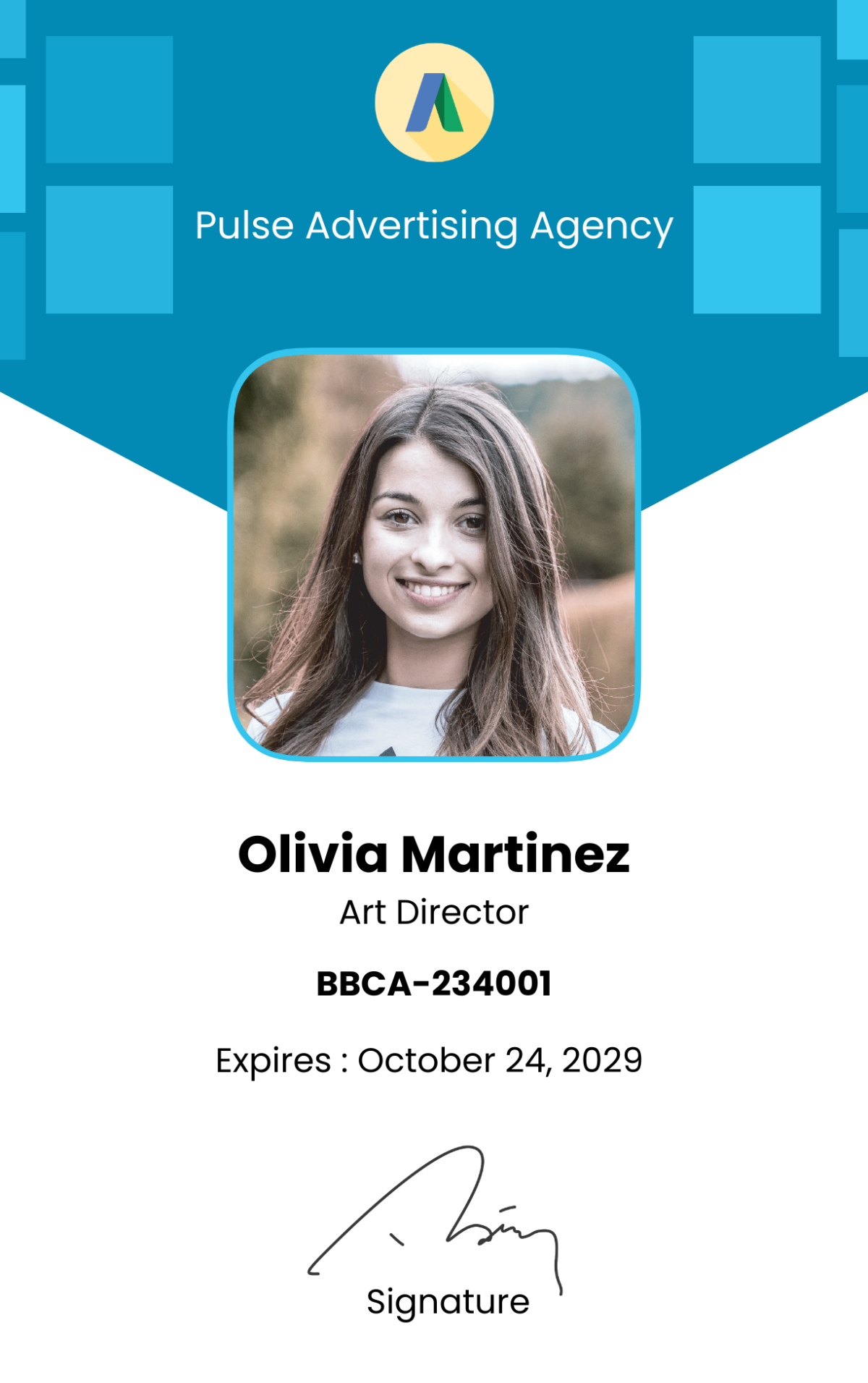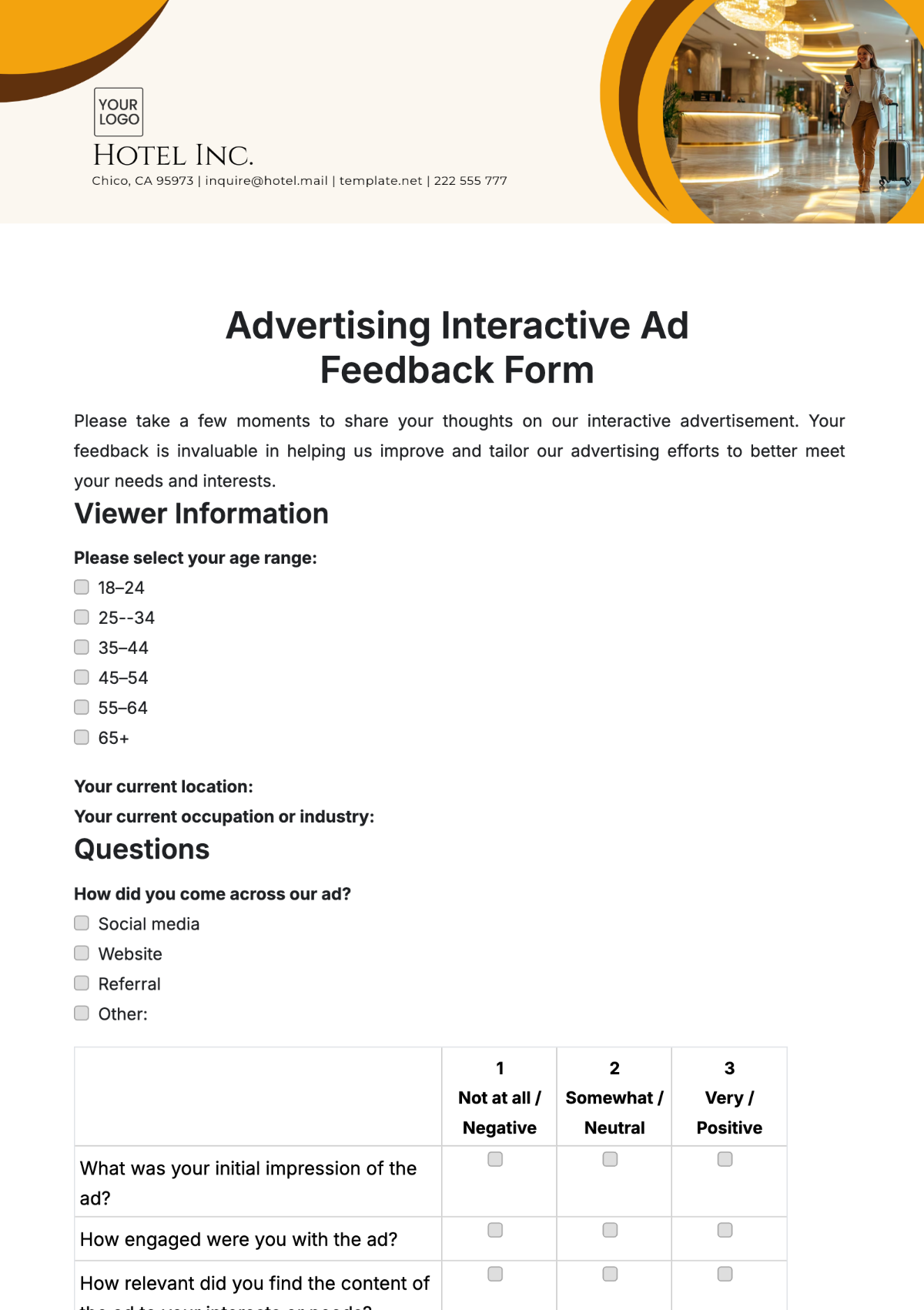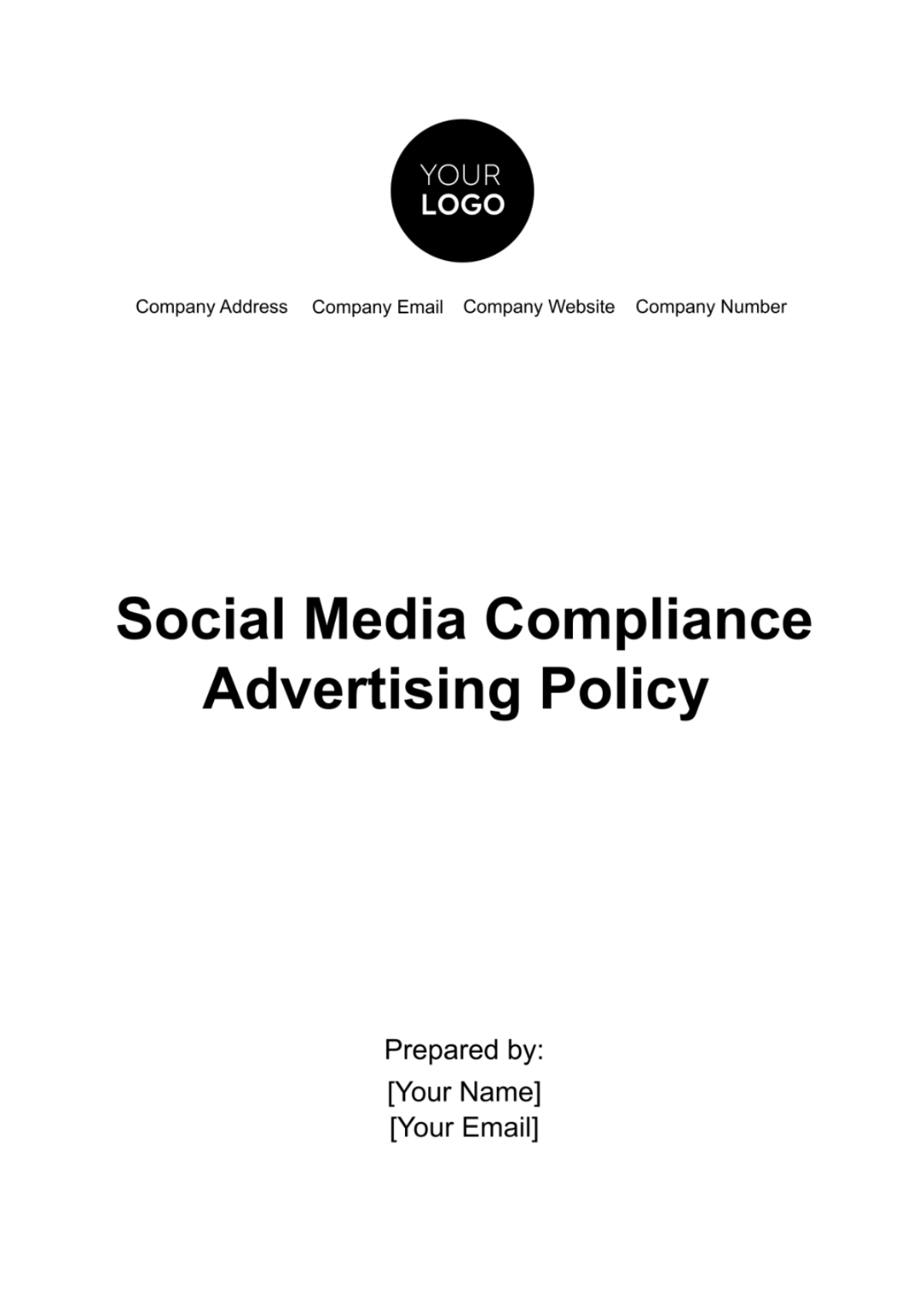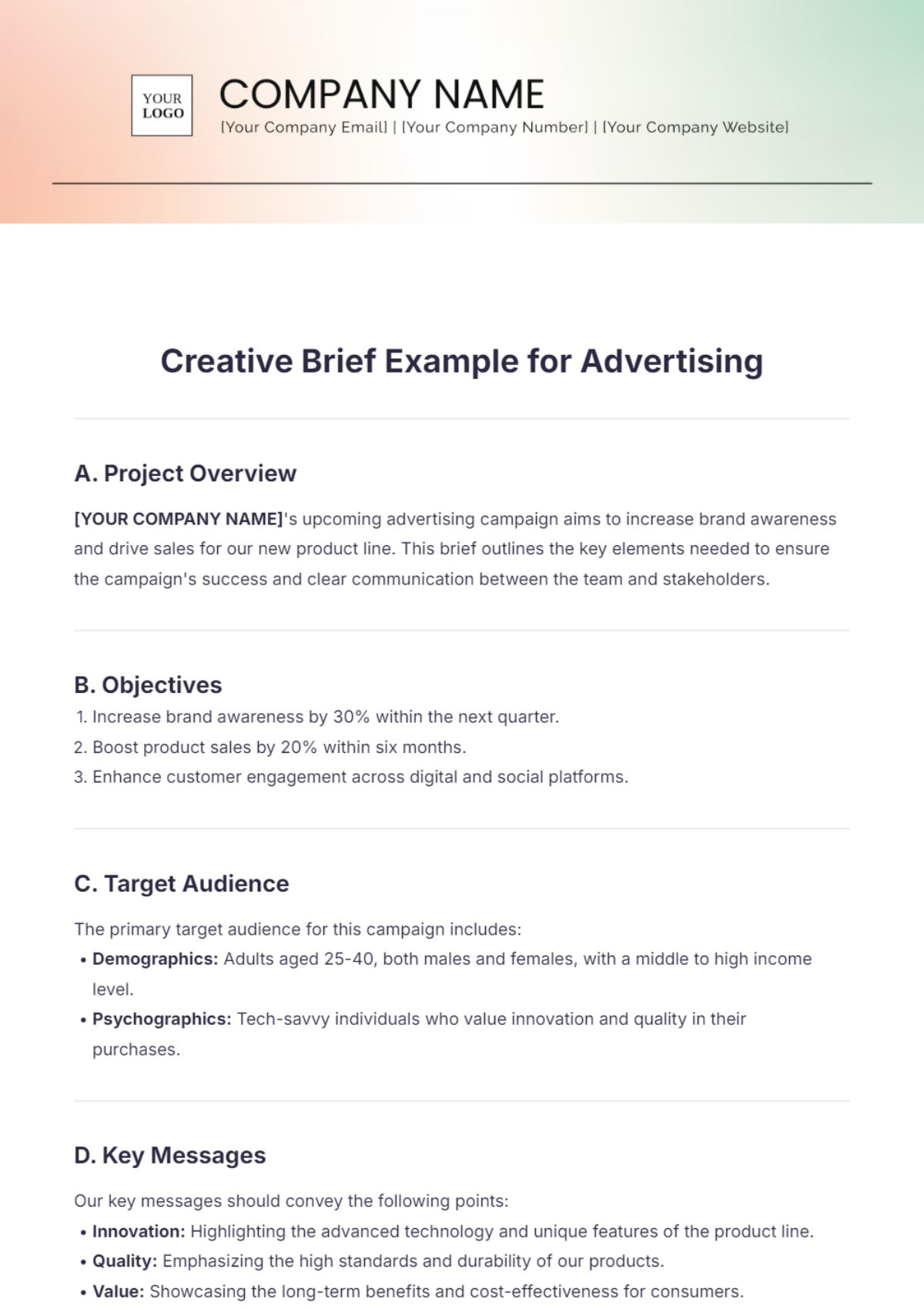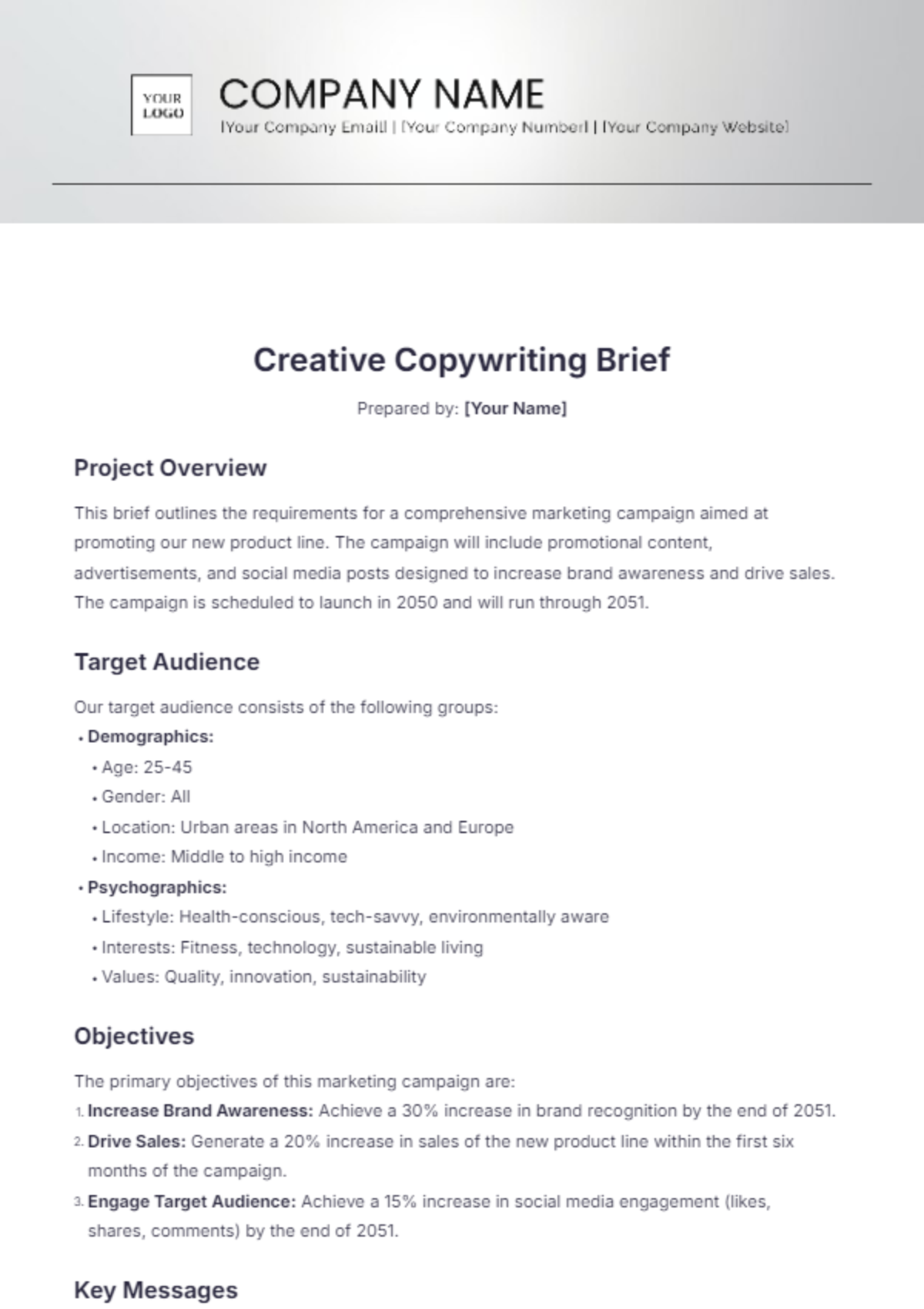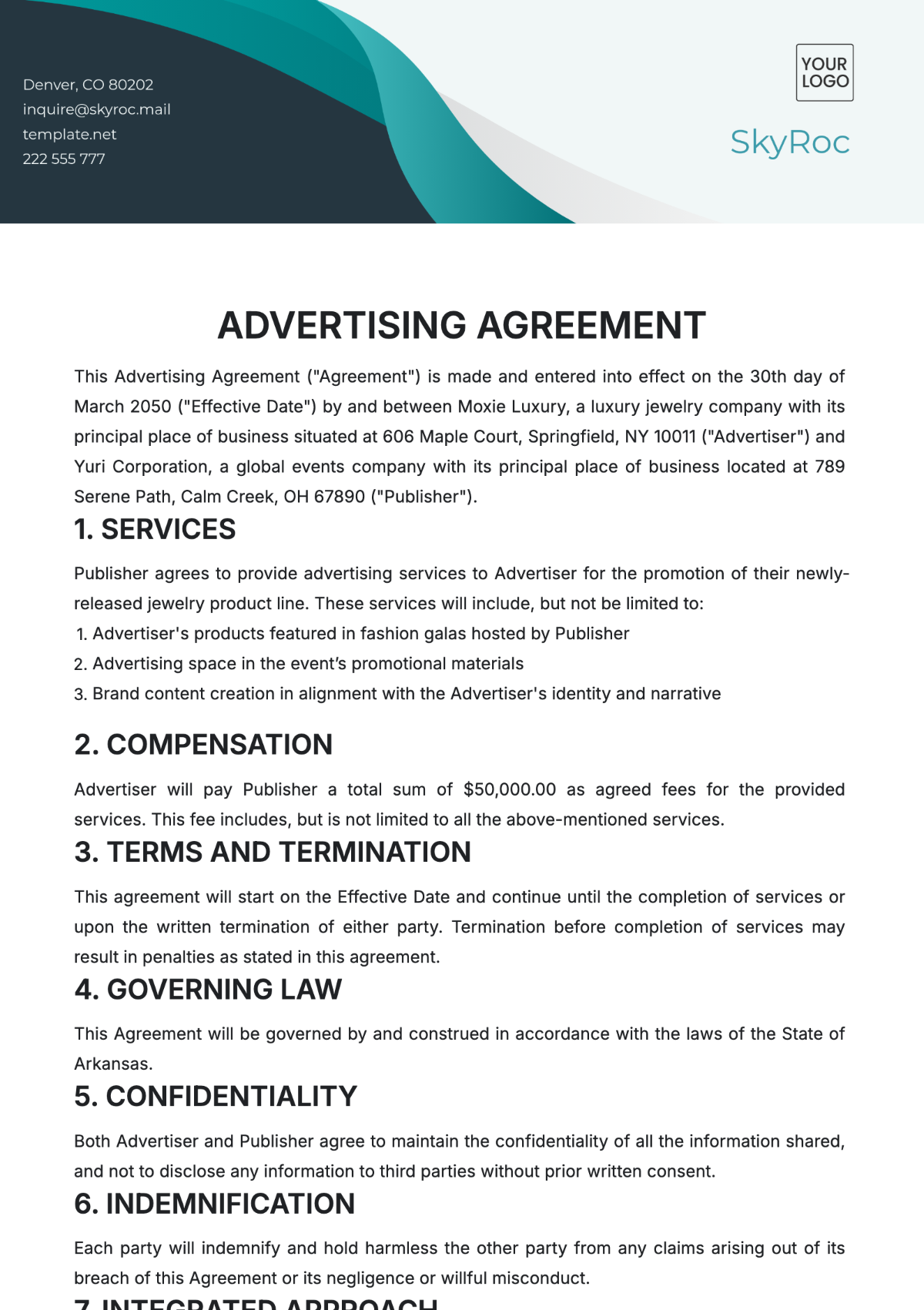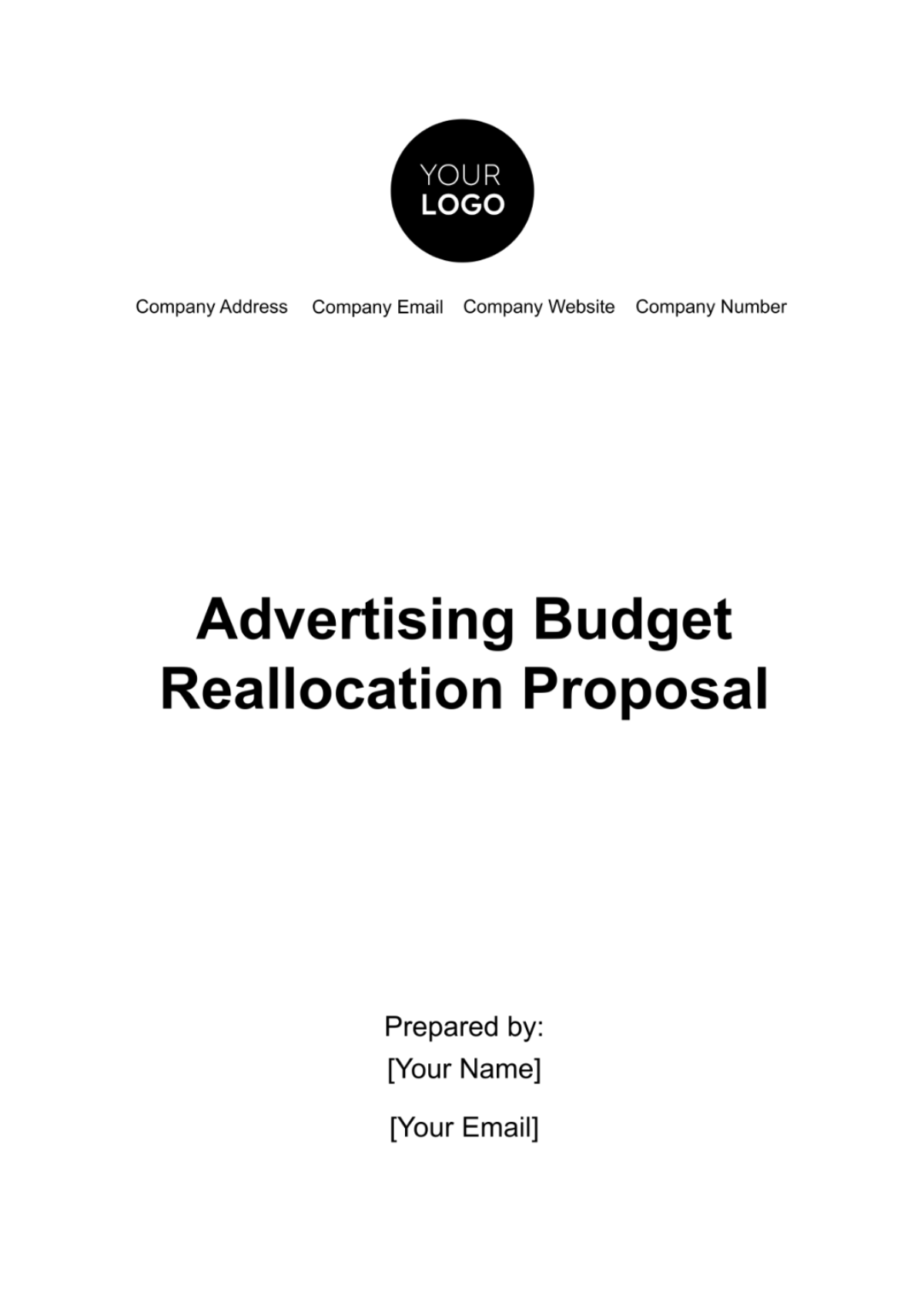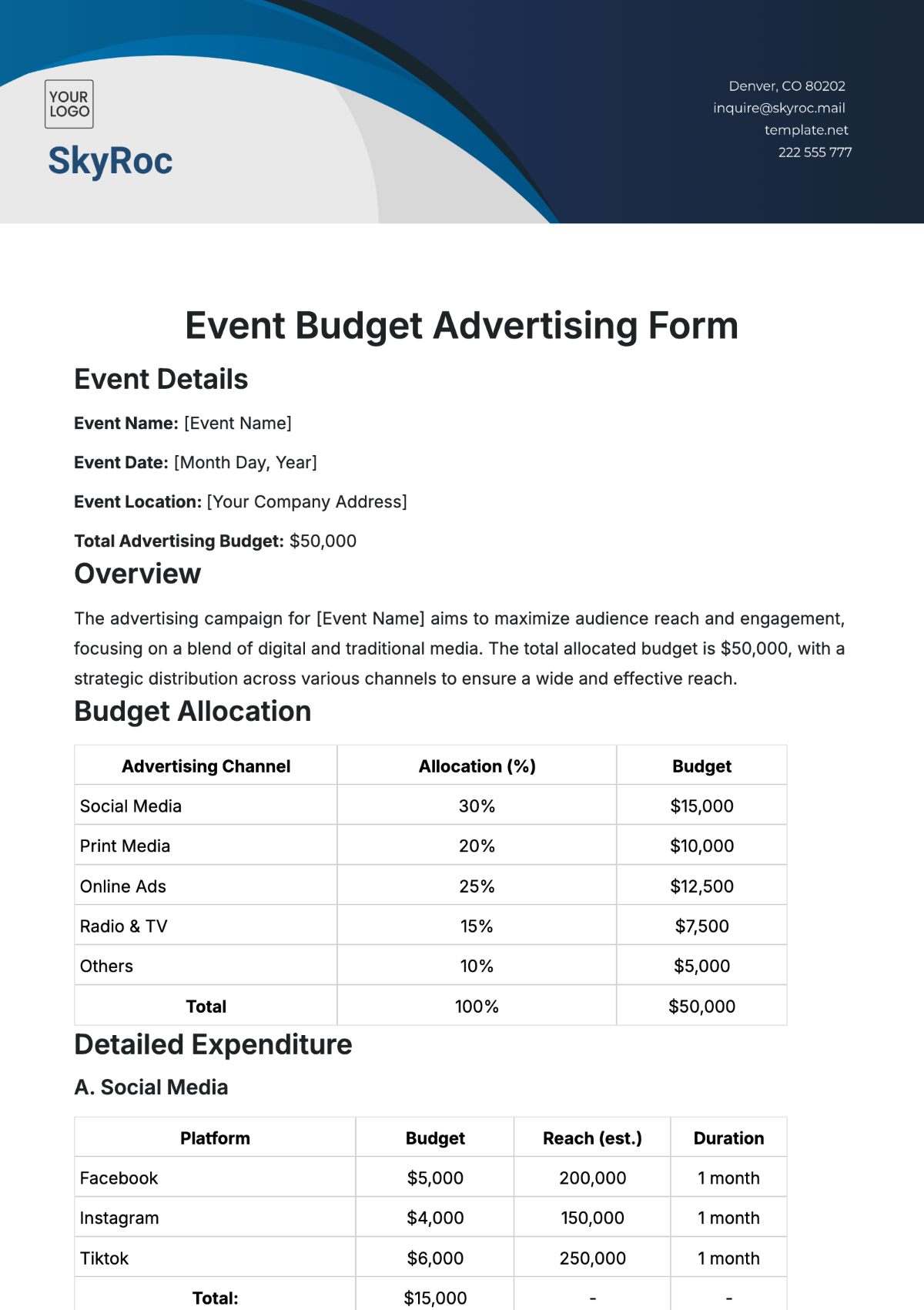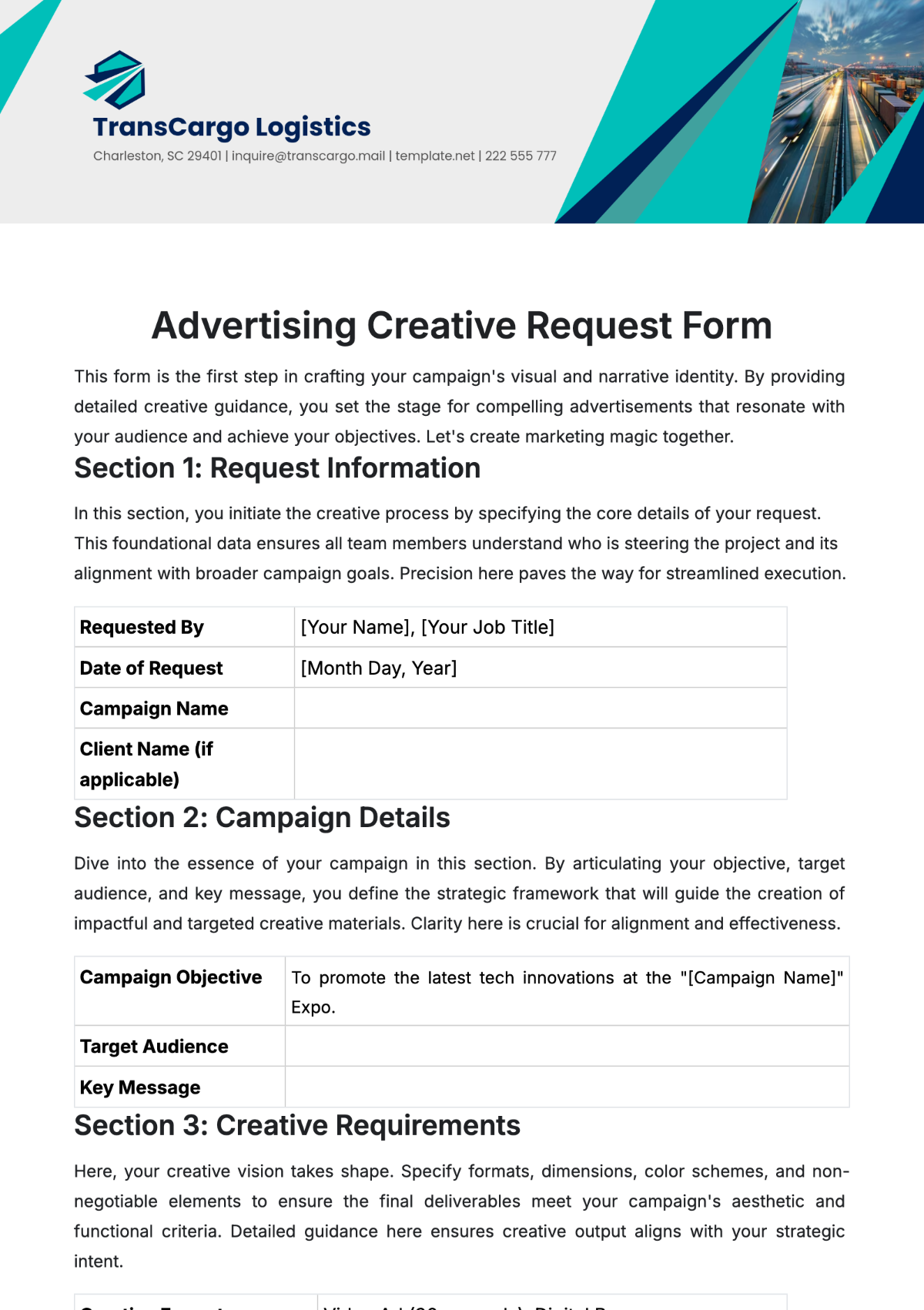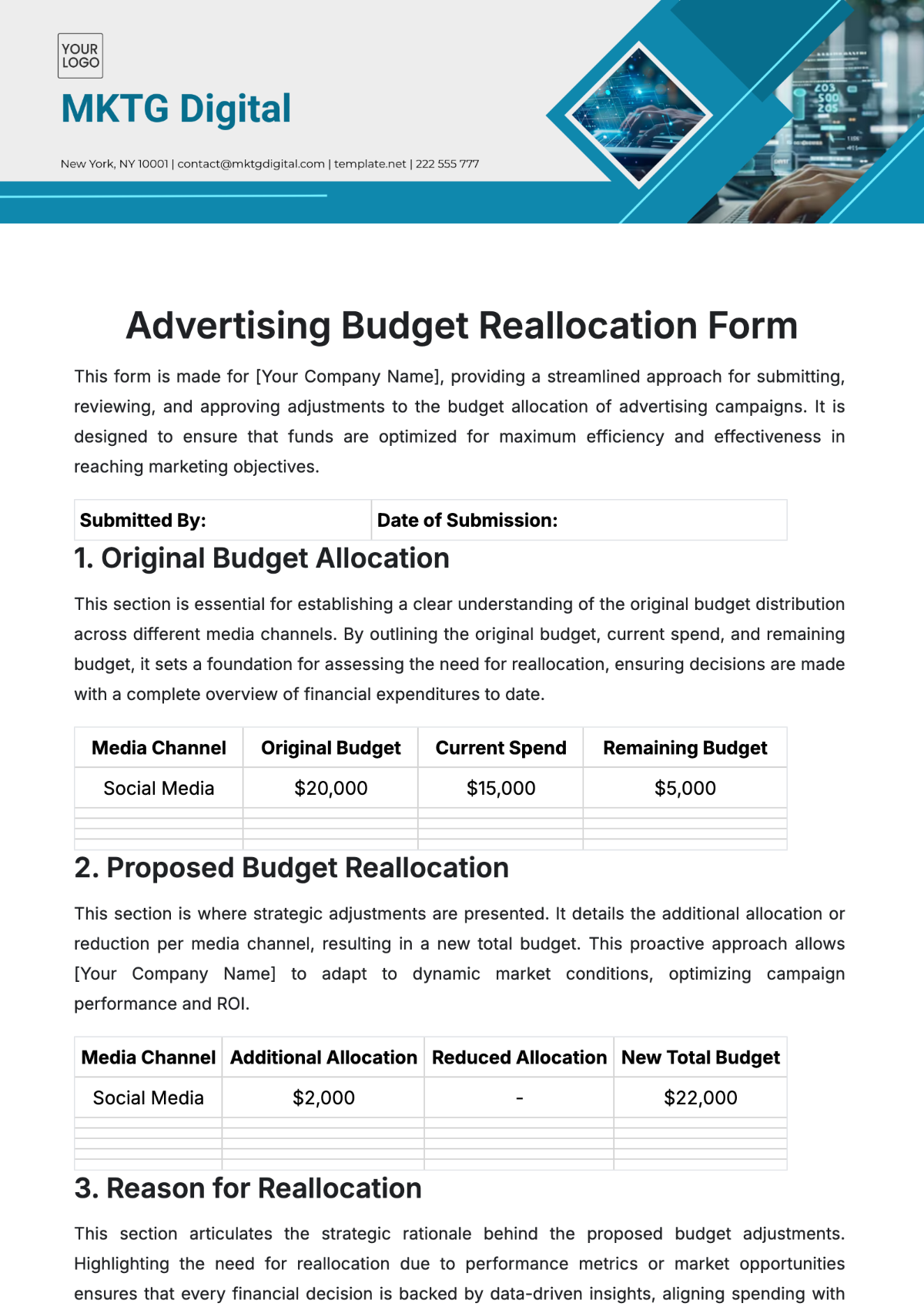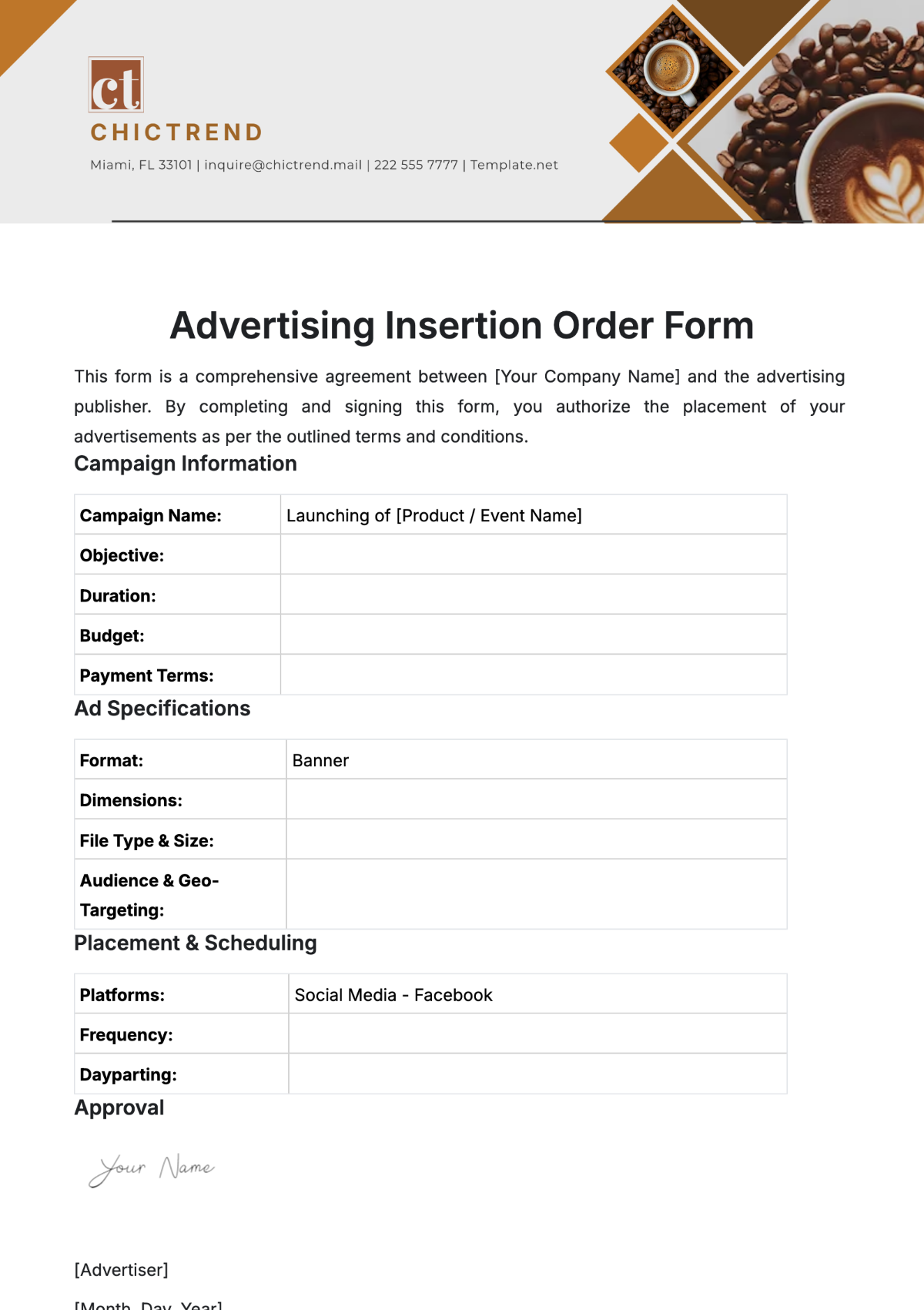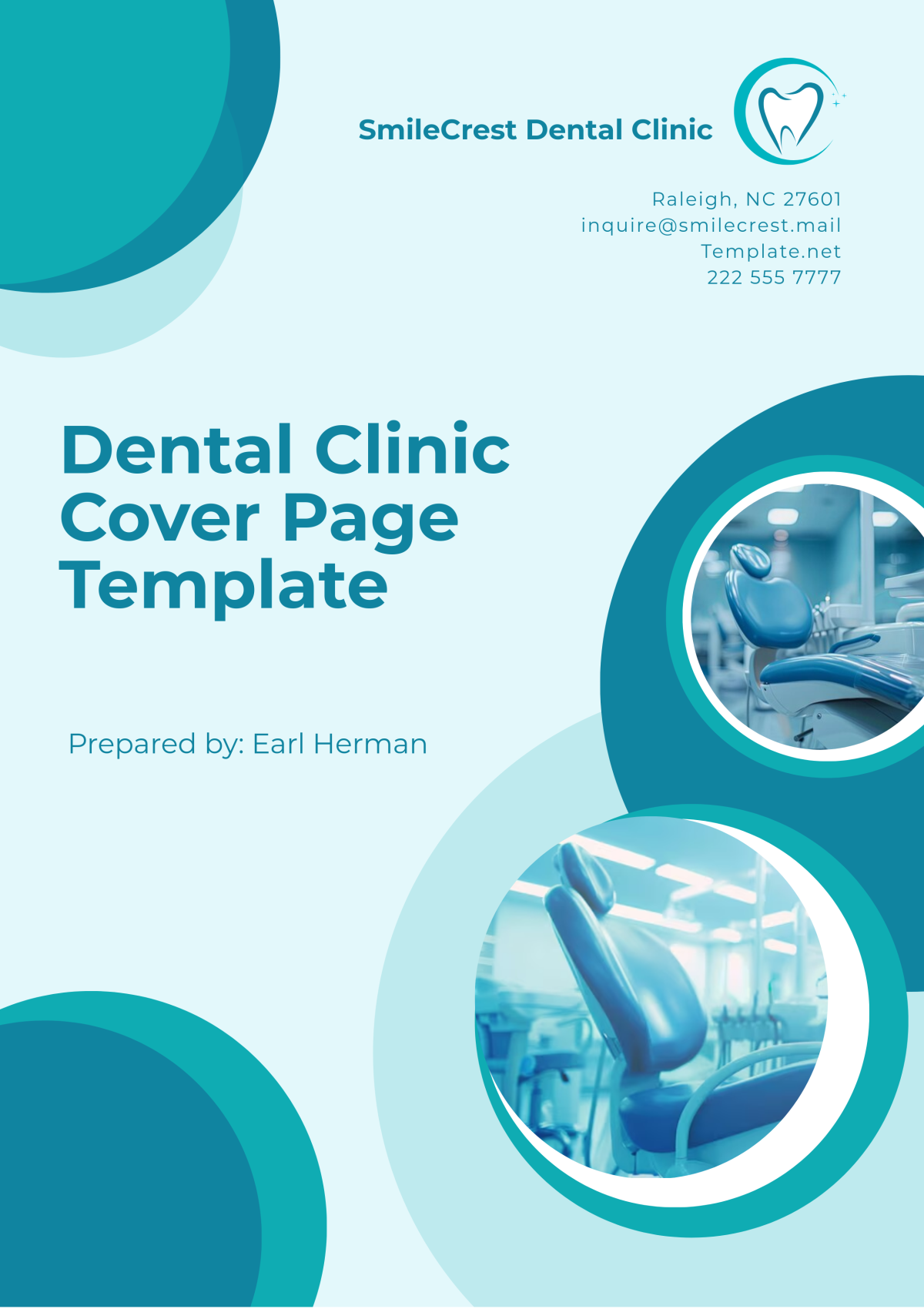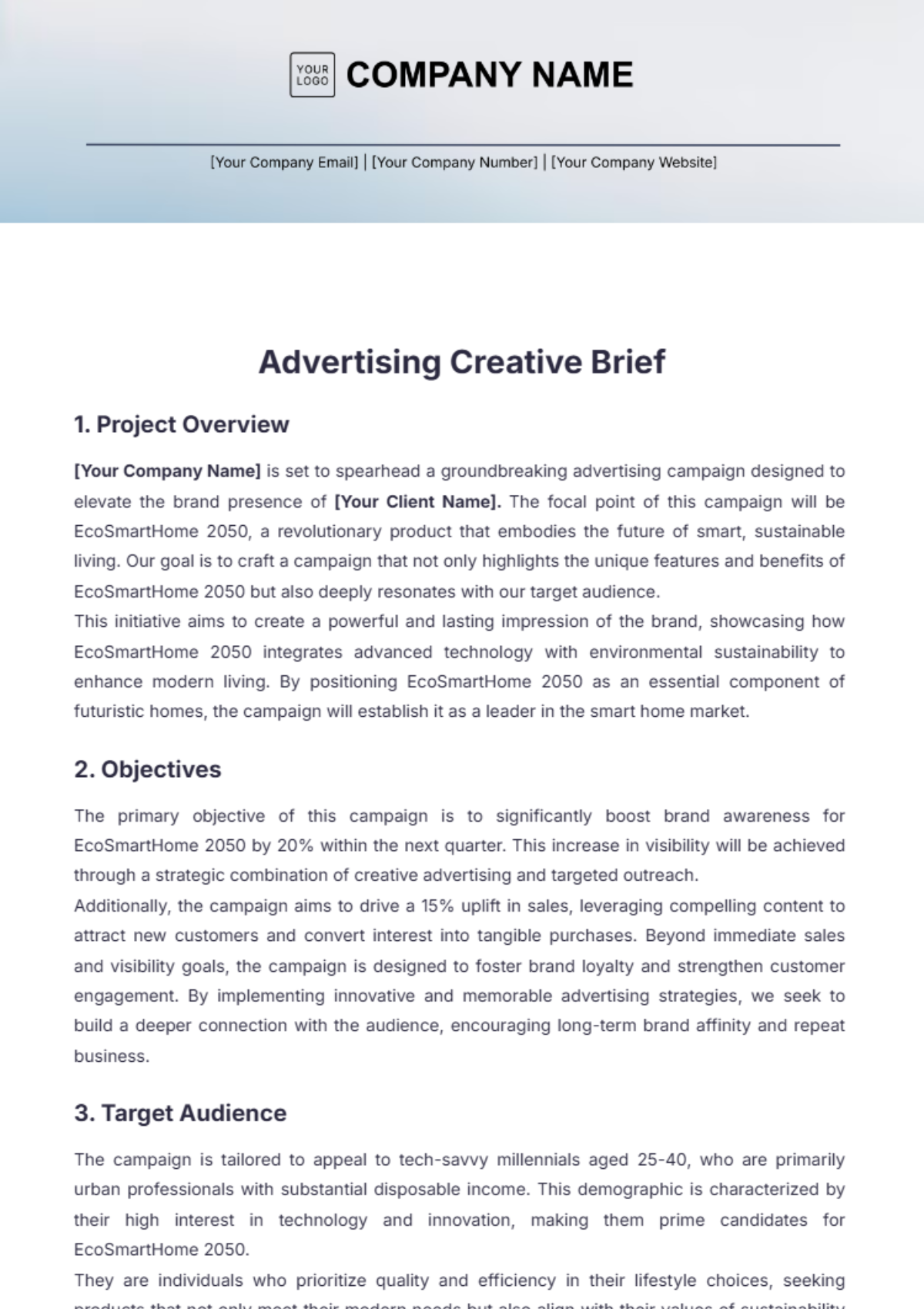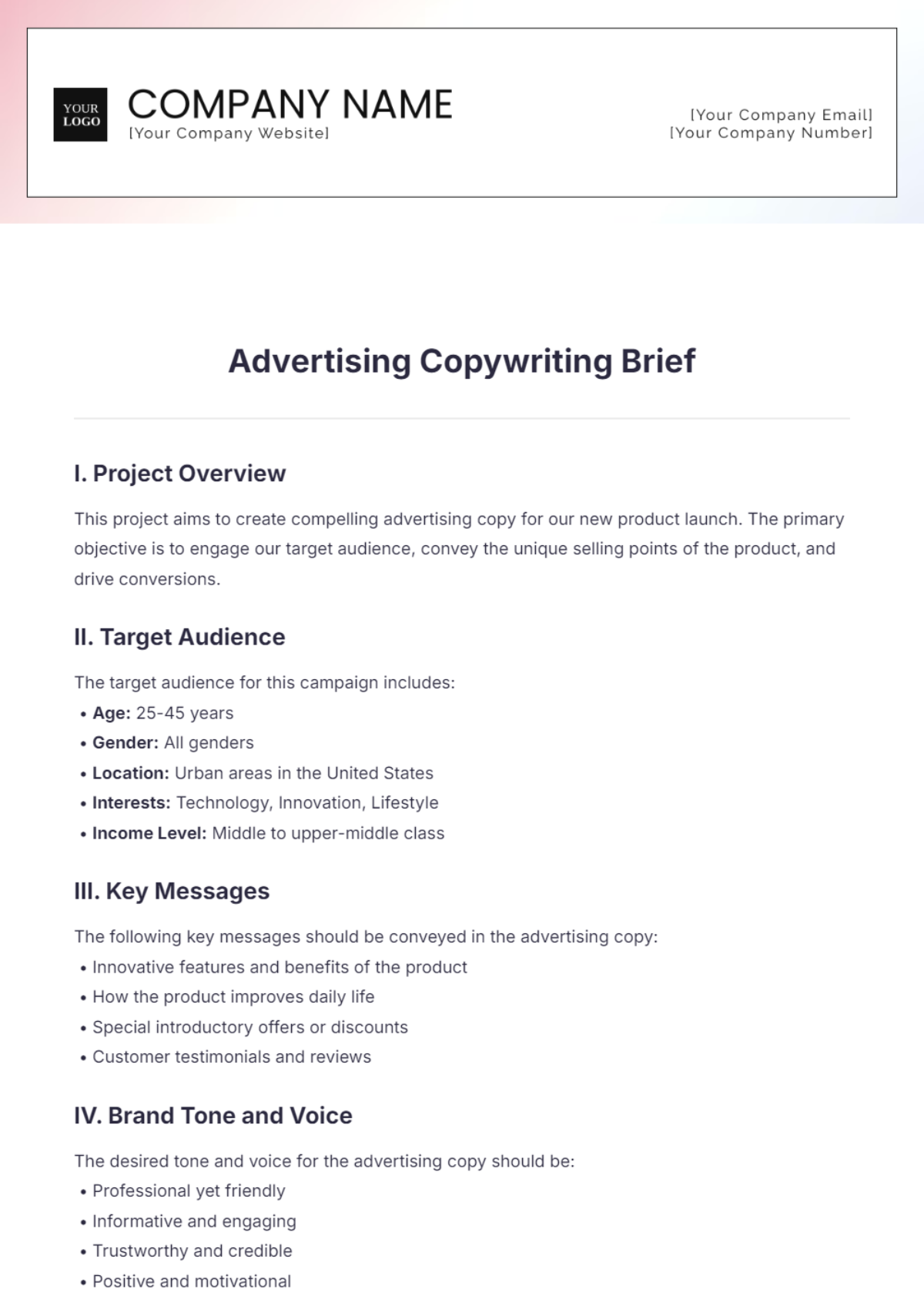Creative Brief Example for Advertising
A. Project Overview
[YOUR COMPANY NAME]'s upcoming advertising campaign aims to increase brand awareness and drive sales for our new product line. This brief outlines the key elements needed to ensure the campaign's success and clear communication between the team and stakeholders.
B. Objectives
Increase brand awareness by 30% within the next quarter.
Boost product sales by 20% within six months.
Enhance customer engagement across digital and social platforms.
C. Target Audience
The primary target audience for this campaign includes:
Demographics: Adults aged 25-40, both males and females, with a middle to high income level.
Psychographics: Tech-savvy individuals who value innovation and quality in their purchases.
D. Key Messages
Our key messages should convey the following points:
Innovation: Highlighting the advanced technology and unique features of the product line.
Quality: Emphasizing the high standards and durability of our products.
Value: Showcasing the long-term benefits and cost-effectiveness for consumers.
E. Tone and Voice
The tone of the campaign will be:
Engaging: To capture the audience's attention and keep them interested.
Informative: To provide clear and concise information about the products.
Trusted: To build credibility and trust with our audience.
F. Deliverables
The campaign will include the following deliverables:
TV Commercials (30 and 60 seconds)
Social Media Ads (Facebook, Instagram, Twitter)
Banner Ads (Web and Mobile)
Email Marketing Campaign
Print Ads (Magazines, Newspapers)
G. Budget and Timeline
Milestone | Deadline | Budget Allocation |
|---|---|---|
Concept Development | January 15, 2064 | $10,000 |
Production | February 28, 2064 | $50,000 |
Launch | March 15, 2064 | $30,000 |
Post-Launch Analysis | June 30, 2064 | $10,000 |
H. Performance Metrics
We will evaluate the campaign's performance based on the following metrics:
Increase in brand awareness metrics using pre- and post-campaign surveys.
Tracking sales data and comparing it to pre-campaign figures.
Monitoring engagement on social media platforms (likes, shares, comments).
Analyzing website traffic and conversion rates from digital ads.

